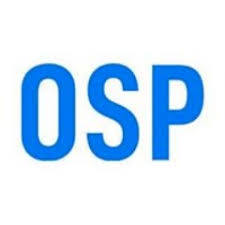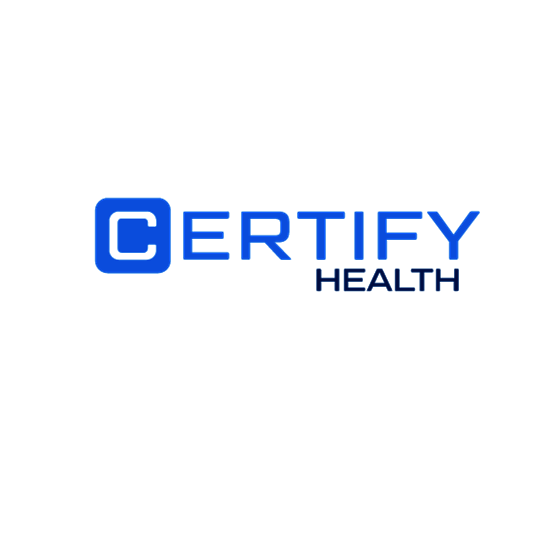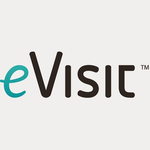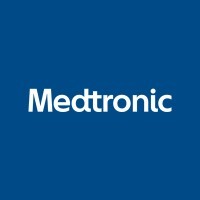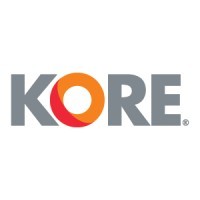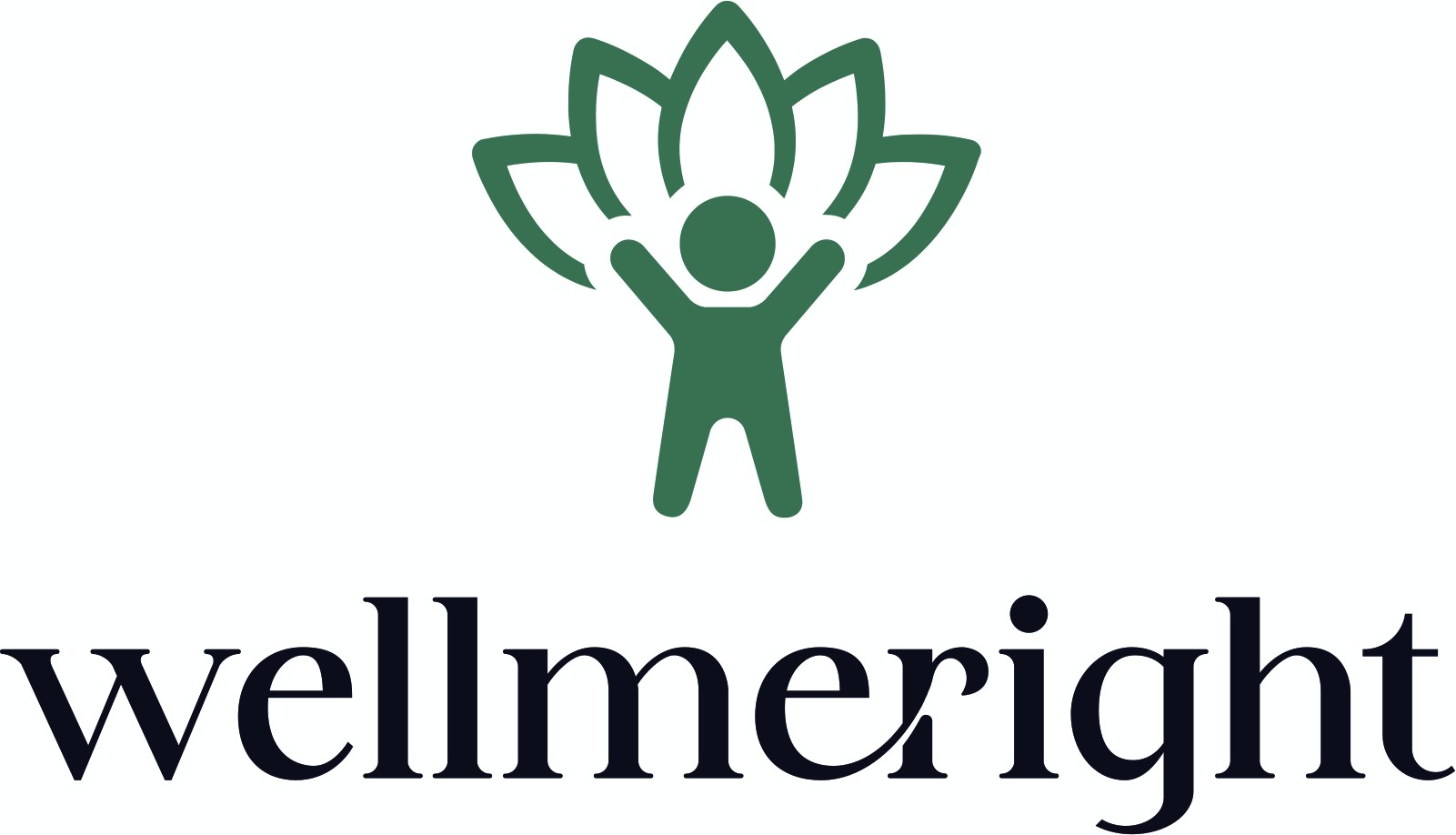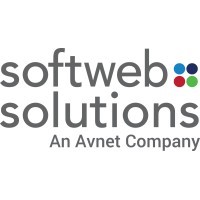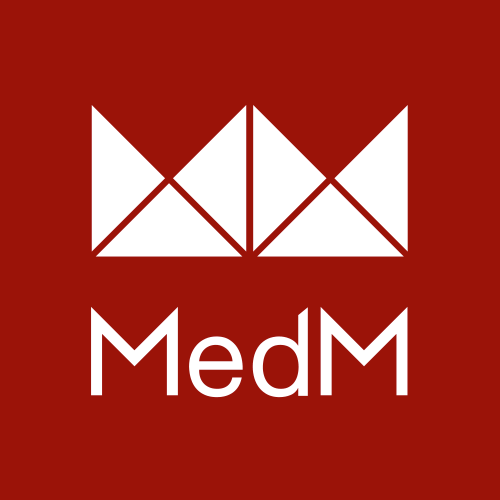What Is Healthcare Software?
Healthcare software refers to a wide range of technology solutions developed exclusively for the healthcare business. It includes a diverse group of software programs and apps used by healthcare workers to manage and streamline numerous tasks and processes in healthcare environments. These software solutions are intended to improve the overall quality of patient care, boost efficiency and productivity, and improve communication and collaboration among healthcare providers.
One of the primary purposes of healthcare software is to store and manage patient data. Electronic Health Records (EHRs) and Electronic Medical Records (EMRs) are two popular software systems for this purpose. These systems let healthcare providers to access and update patient information, such as medical history, diagnoses, test results, and treatment plans, from a single centralized location.
This helps to reduce errors while improving the accuracy and timeliness of patient care. Clinical decision assistance is an important feature of healthcare software. This includes software tools that help healthcare practitioners make diagnostic and treatment decisions by offering evidence-based recommendations and guidelines. This not only improves diagnostic accuracy, but also ensures that patients receive the most appropriate and effective treatment.
Healthcare software also helps healthcare personnel communicate and collaborate more effectively. Healthcare software, with features like secure messaging, real-time notifications, and telehealth capabilities, allows doctors to rapidly and efficiently share essential information and consult with one another. This contributes to greater care coordination, particularly in multidisciplinary settings.
Furthermore, many healthcare software solutions have powerful reporting and analytics functions. These enable healthcare providers to monitor and evaluate a variety of data, including patient outcomes, treatment costs, and revenue, in order to continuously improve the quality and efficiency of their services.
What Are The Recent Trends In Healthcare Software?
Recent technological breakthroughs have had a significant impact on the healthcare business, resulting in the development of a variety of software solutions aimed at improving patient care and streamlining healthcare processes.
Let's explore, the current trends in healthcare software that are driving the market, as well as the main characteristics to look for when selecting a solution.
1. Cloud-Based Solutions: One of the most significant trends in healthcare software is the migration to cloud-based solutions. These forms of software enable healthcare providers to access patient information, medical records, and other critical data from any location with an internet connection. This eliminates the need for on-premise servers and expensive hardware, making it a more affordable option for healthcare businesses of all sizes.
2. Artificial Intelligence: Artificial intelligence (AI) is transforming the healthcare profession by helping with diagnosis, treatment, and surgical procedures. Many healthcare software systems now use AI algorithms and machine learning to deliver more accurate and timely outcomes. AI-powered software can also help clinicians make better decisions, reduce errors, and improve patient outcomes.
3. Telemedicine: The COVID-19 pandemic has expedited the use of telemedicine, resulting in a surge in demand for telehealth software. Telemedicine enables patients to get medical care remotely via video conferencing and other communication technologies. This trend is likely to continue as patients and healthcare professionals recognize the convenience and cost-effectiveness of virtual consultations.
4. Electronic Health Record (EHR): Electronic Health Records (EHRs) are now the industry norm, replacing old paper-based records. EHR software enables digital storage, organization, and access to patient data, making it easier for healthcare providers to track and manage patient care. Look for software solutions that have configurable EHR templates to meet your individual requirements.
5. Mobile Applications: The proliferation of mobile technology has had a huge impact on healthcare software. Mobile healthcare applications make it easier to access patient information, schedule appointments, and receive medication reminders. These apps also allow patients to monitor their vital signs and track their health status, making them an invaluable resource for both patients and healthcare practitioners. When choosing a healthcare software system, look for characteristics like HIPAA compliance, safe data storage, interoperability, and an easy-to-use interface. Whether you run a small clinic or a large hospital, evaluating your specific goals and selecting a software solution that meets those needs is critical to the success of your company. Keep up with the newest trends in healthcare software to make informed decisions and deliver the best possible care to your patients.
Benefits Of Using Healthcare Software
Healthcare software has become an indispensable tool for healthcare professionals and organizations all around the world. It has transformed the management of patient information and increased the efficiency and effectiveness of healthcare delivery.
Here are some of the major advantages of using healthcare software:
1. Improved Efficiency: One of the primary advantages of using healthcare software is increased efficiency. It streamlines and automates a variety of operations, including appointment scheduling, patient data management, and invoicing, thereby lowering the workload on healthcare workers. With everything kept digitally, healthcare providers can immediately access patient information, resulting in faster and more accurate diagnosis.
2. Better Patient Care: Healthcare software enables the quick and secure sharing of patient information among healthcare practitioners, resulting in improved care coordination. It also gives healthcare personnel access to patient history and other critical information, allowing them to provide more tailored and complete care to patients.
3. Improved Data Management: Paper-based record-keeping is time-consuming and error-prone. Healthcare software stores all patient data digitally, removing the need for manual record-keeping. This leads to a more structured and accurate record-keeping system, making it easier for healthcare providers to access and share patient information.
4. Cost-Effective: Implementing healthcare software can result in cost savings for healthcare businesses. The entire cost of patient information management is dramatically lowered thanks to improved operations, less paperwork, and fewer errors. Furthermore, healthcare software can assist with insurance invoicing, ensuring that healthcare professionals receive prompt and correct reimbursements.
5. Increased Accessibility And Convenience: Healthcare software enables remote access to patient records, making it easier for healthcare personnel to obtain information no matter where they are. This is especially useful for patients in rural or isolated places who may have limited access to specialised healthcare services.
6. Improved Security: Healthcare institutions prioritize the protection of patient information. Healthcare software includes advanced security safeguards to protect the confidentiality and integrity of patient data. This includes role-based access, encryption, and regular backups to avoid data loss.
Important Factors To Consider While Purchasing Healthcare Software?
When it comes to choosing healthcare software, there are a few key elements to consider. This type of software is critical for maintaining patient data, optimizing processes, and ensuring that healthcare companies run efficiently. With the advent of technology in the healthcare industry, there is a diverse range of software alternatives accessible on the market. However, not all of them might be appropriate for your individual requirements. As a result, it is critical to thoroughly research and compare various software options before making a purchase.
Here are some of the most significant considerations when selecting healthcare software:
1. Ease Of Use And Customization: One of the initial considerations is the software's ease of use. It should be easy and user-friendly, needing little training for your employees to utilize efficiently. Additionally, the software should be customized to meet the specific demands of your firm. This allows you to customize it based on your individual workflows and processes.
2. Functionality And Features: The software's functionality and features are important considerations. It should include all of the necessary features to satisfy your needs. For example, if you're looking for an electronic health record (EHR) system, ensure sure it has capabilities like patient scheduling, lab integration, and e-prescribing. Similarly, if you require a practice management system, it should include billing and invoicing, revenue cycle management, and reporting functions.
3. Interoperability: In today's healthcare environment, data interoperability is critical. Your program should be compatible with other systems including hospital information systems, laboratory systems, and billing systems. This ensures seamless data interchange, improves collaboration, and eliminates data entry duplication.
4. Security And Compliance: Make sure the software you choose meets the relevant security standards, such as HIPAA. This will ensure the security of patient data and prevent any potential legal difficulties. Make sure the software includes features like user authentication, audit logs, and data encryption to improve security.
5. Scalability And Support: Your software should be able to grow alongside your organization. As your firm grows, make sure to choose a solution that can handle higher volumes of data and add new features. Additionally, seek for a vendor who provides dependable and fast support to address any difficulties or concerns that may occur.
6. Cost: Last but not least, cost is an important consideration when selecting healthcare software. Aside from the initial cost of the software, consider the continuing maintenance and support payments. Make careful to compare rates from several sellers and select the one that provides the most value for your cost.
What Are The Key Features To Look For In Healthcare Software?
When it comes to choosing the best healthcare software for your firm, there are a few crucial features to consider.
This will ensure that you not only invest in a high-quality and effective solution, but also one that is tailored to the healthcare industry's specific needs and requirements.
1. Electronic Health Records (EHR): EHRs are a critical component of healthcare software because they enable the digital storage and administration of patient health data. Look for a system that includes customizable templates, integrated processes, and HIPAA compliance to help streamline patient data collecting and improve communication between healthcare practitioners.
2. Practice Management: Effective practice management features are critical in healthcare software. This includes services including appointment scheduling, patient data management, and billing/payment processing. Make sure the program includes automated options for streamlining administrative processes and increasing overall efficiency.
3. Patient Engagement: In today's healthcare sector, patient-centric care is required, which can be accomplished with patient engagement features built into the software. Look for solutions that include patient portals, secure messaging, and patient education materials to increase communication, satisfaction, and overall health outcomes.
4. Decision Support: Healthcare software that includes decision support features can help with clinical decision-making by offering recommendations and alerts based on evidence-based guidelines and data analysis. This can eventually lead to more accurate diagnosis and treatment regimens, hence increasing patient care quality.
5. Interoperability: In today's increasingly linked healthcare world, interoperability is an important aspect to look for in software. This refers to the smooth and secure sharing of patient data between healthcare professionals, which reduces errors and improves overall care coordination.
6. Customization And Scalability: Each healthcare company has distinct requirements and workflows. Look for software that may be customized and suited to your specific needs. Scalability is also a crucial consideration when your organization grows and technological breakthroughs occur.
7. Training And Support: Investing in healthcare software requires continual training and support. To ensure a seamless implementation and ongoing success, make sure the software provider provides comprehensive training resources as well as dependable customer support.
Why Do Businesses Need Healthcare Software?
Businesses in the healthcare industry, whether huge hospitals or tiny private practices, encounter a wide range of issues on a regular basis. These issues include managing patient information, scheduling appointments, and staying current with ever-changing legislation and compliance standards. With these problems in mind, it is evident that healthcare firms want reliable and effective healthcare software to streamline operations and improve overall patient care quality.
Here are some reasons why companies in the healthcare industry should invest in healthcare software.
1. Better Management Of Patient Information: One of the key reasons why healthcare firms want healthcare software is to efficiently handle patient information. Healthcare software provides a consolidated platform for storing and organizing patient records, allowing healthcare providers to easily access and update patient information. This not only saves time but also lowers the possibility of inaccuracies in patient data, resulting in accurate and up-to-date information.
2. Streamlined Scheduling And Appointment Management: Healthcare software allows businesses to simply plan appointments for patients, monitor their availability, and send reminders about impending appointments. This eliminates the need for manual scheduling and minimizes the possibility of double bookings, resulting in a more efficient and structured system.
3. Increased Efficiency And Productivity: Healthcare software automates time-consuming procedures like invoicing and insurance claim processing, allowing healthcare providers to focus on providing high-quality treatment to patients. This not only increases efficiency but also boosts company productivity, allowing them to see more patients and produce more income.
4. Improved Communication And Collaboration: Healthcare software enables easy communication and collaboration among various departments and healthcare professionals. This improves care coordination and ensures that all members of the healthcare team understand patient treatment and management.
5. Improved Compliance And Reporting: With the healthcare industry's continuously changing rules and compliance requirements, organizations must stay up to date and ensure that they satisfy all relevant standards. Healthcare software includes capabilities like automatic documentation, report production, and quality control checks, which help firms comply with rules and track their performance.
How Much Time Is Required To Implement Healthcare Software?
The time required to implement healthcare software varies based on a number of factors. These considerations include your organization's size, software complexity, and level of customization. Typically, the installation process might last anything from a few weeks to several months, with an average of 3-6 months. The first stage in integrating healthcare software is a thorough assessment of your organization's needs and requirements.
This will aid in determining which software solutions are most appropriate for your firm. Once you've decided on software, the next step is to design the implementation procedure. This entails establishing deadlines, allocating duties, and developing a clear roadmap. In most situations, the installation process begins with data migration, which entails moving existing patient data to the new platform.
Depending on the size and organization of the data, this may take some time. The next phase is customization, which involves tailoring the program to your organization's specific needs. This may entail developing custom forms, templates, and workflows. Following customisation, employee training is essential for a smooth transfer to the new program.
This can take anything from a few days to a few weeks, depending on the complexity of the program and the amount of personnel to be educated. Once training is completed, the software is ready for full implementation in your firm. It is critical to understand that the implementation process does not finish after the software is up and running. Ongoing support and maintenance are critical to ensuring that the program is running properly and addressing any issues that may develop.
What Is The Level Of Customization Available In Healthcare Software?
When looking for healthcare software, you should evaluate the level of customisation available. This refers to the capacity to customize the software to meet the unique requirements and preferences of your healthcare facility.
Here are some crucial elements to consider when assessing the extent of customization in healthcare software:
1. Customizable Elements: The first item to evaluate is the software's capacity to change elements like the user interface, data fields, and workflows. These customization options enable you to create a system that is personalized to your facility's specific operations and workflows.
2. Scalability: As your healthcare facility grows, your software requirements may shift. Ensure that the software is scalable and adaptable to your facility's changing needs. This will save you the time and money of switching to a new system in the future.
3. Integration With Existing Systems: If your facility already has some systems in place, you should assess how well the healthcare software interfaces with them. This ensures smooth data transport and prevents delays in your facility's operations.
4. Custom Reporting: Robust and configurable reporting options are essential for healthcare applications. It allows you to create reports that are suited to your individual requirements, making it easier to acquire information and make informed decisions.
5. Tailored Security: Healthcare institutions handle sensitive patient information, therefore security is a primary responsibility. Look for software that allows you to customize security settings and access levels to ensure patient data is properly protected.
6. Vendor Support: Choose a software vendor that provides continuing support and is willing to customize the product to meet your facility's specific needs. This ensures that the software continues to suit the changing needs of your healthcare facility.
Which Industries Can Benefit The Most From Healthcare Software?
Healthcare software is increasingly being used in a variety of businesses since it provides numerous benefits and improves efficiency in handling patients' healthcare demands. However, certain sectors will profit the most from adopting healthcare software into their operations.
Let's explore, the top industries that can profit from healthcare software and how it can transform their operations.
1. Healthcare Providers: It should come as no surprise that the healthcare industry can benefit the most from healthcare software implementation. With the growing demand for streamlined services and better patient care, healthcare practitioners can use software to manage visits, electronic health records (EHR), billing, and claims processing. This enables healthcare providers to focus on providing the greatest treatment to their patients.
2. Pharmaceutical Companies: Healthcare software can benefit pharmaceutical companies by assisting with medication research and development. These businesses can use software to analyze enormous volumes of data, follow medication trials, automate paperwork processes, and detect adverse events. This not only helps to accelerate medication development, but it also ensures the safety and efficacy of the drugs that are eventually issued to the market.
3. Insurance Firms: Healthcare software can help insurance firms manage their claims more efficiently. Insurance firms can eliminate errors and speed up the process by automating operations like claim processing and medical record review. This, in turn, results in faster claim approvals, higher client satisfaction, and lower expenses.
4. Government Agencies: Governments all across the world have acknowledged the potential of healthcare software to improve the quality of healthcare services. Governments may track and monitor their population's health and respond to health emergencies more quickly by using software for public health programs and disease monitoring.
5. Educational Institutions: Healthcare software is very useful in educational institutions, particularly for medical and nursing students. Simulation software allows students to obtain hands-on experience in a variety of healthcare scenarios in a safe and controlled environment. This may help them develop their skills and knowledge, resulting in improved patient care in the future.
Conclusion
To summarize, selecting the appropriate healthcare software for your firm is an important decision that must be carefully considered. It affects not just the efficiency and efficacy of your operations, but also the level of care you deliver to your patients. By following the steps indicated in this buyer's guide, you will be able to carefully analyze and compare various healthcare software solutions to determine which one best meets your individual goals and budget.
Remember to prioritize aspects that are critical to your firm, such as HIPAA compliance, interoperability, and usability. Researching the company's reputation and customer support is also critical to ensuring a successful deployment and long-term relationship. Finally, investing in the correct healthcare software can help you improve your operations, save time and costs, and provide better patient care. We hope that this guide has provided you with useful insights and resources to help you make decisions. Thank you for taking the time to think about the value of healthcare software and how it may help your organization succeed.



